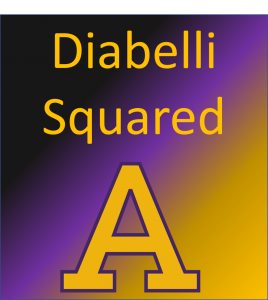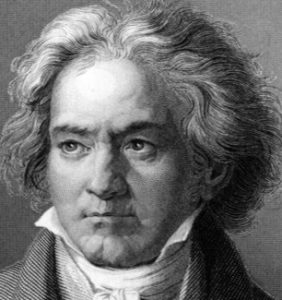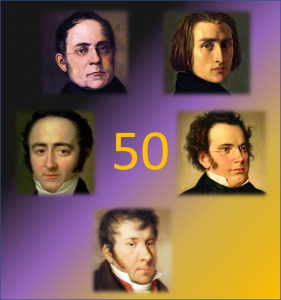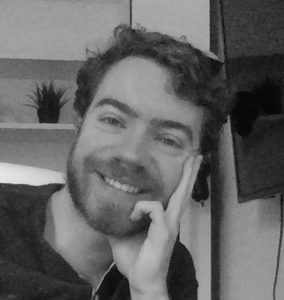Today marks a truly pivotal time for me with this
endeavor. This is the first blog post I
get to write for my website about my Albion College Diabelli Squared
initiative.
Thank you for visiting this site! I hope after reading this, you will strongly
consider submitting a variation to this project. Hopefully you have read the history and
genesis of my ideas, so now I’d like to talk to you about why I think this is
so crucial in our world today.
For me, the very essence of a variation symbolizes in
microcosm the struggles of our social world.
It makes me sad to see people discriminating against other human beings,
and it’s happening constantly.
Variations in a small way, heal these wounds. Their nature is to embrace all that is
constant and common between itself and its variation. Translation for society? We are all human. We are all deserving of dignity and
respect. Then, a variation transcends
these commonalities and completely embraces and empowers diversity of all
kinds. Translation for society? We must love and respect each other for our
uniqueness and our wonderfully diverse ideas.
It makes us grow.
Variations accomplish this so magically. By submitting a variation for this project,
your art will become part of a living, organic piece of music. My website will never end. There will always be more submissions, giving
me, the performer, the chance to present a new “version” of the Diabelli theme
all the time. Furthermore, I have had
the chance to commission nine (to this point) variations from persons around
the globe.
I don’t have endless funds, and while I cannot compensate
you for your submission, I will play your music. I will champion you as a composer, where
you’re from, and I will give you space on this site to promote yourself beyond
the variation you submit. Please be part
of my Diabelli world. I hope to spread
kindness, compassion, art, music, and hopefully, joy, enrichment, and
understanding, throughout our planet through this virtual project.
All I ask of you is that you agree to let me perform and
record your work once it is submitted.
In return, you will be part of a large conglomerate of artists, all
striving to give a new and different voice to a two hundred year old
theme. Please embrace this history and
its future. I believe, in a small way,
that this can change our world for the good.
I am honored you have chosen to consider this important
work. I am grateful if you submit. If you do not have time, please consider
sharing my website with your colleagues and your students. I will play every work submitted as long as I
can read the score. I will love trying
to get to know you over time. And I
value you as a musician. Please submit
your variation to me by email (ljensen@albion.edu),
and if you have any questions about this endeavor, do not hesitate to contact
me.
Warmly,
Lia Jensen-Abbott






